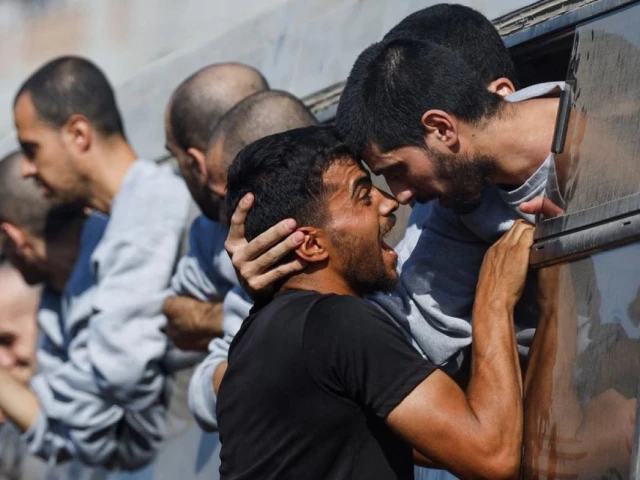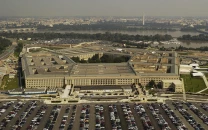Israel, Hamas trade blame over truce
Uncertainty clouds Rafah crossing reopening

Israel said on Thursday it was preparing for the reopening of Gaza's Rafah crossing with Egypt to let Palestinians in and out, but set no date as it traded blame with Hamas over violations of a US-mediated ceasefire.
A dispute over the return of hostages' bodies held by Hamas threatens to derail the truce and other unresolved elements of the plan, including disarmament of fighters and Gaza's future governance. Hamas says it has handed over all bodies it could recover.
The group added that the handover of more bodies in Gaza – reduced to vast tracts of rubble by the war would require the admission of heavy machinery and excavating equipment into the Israel-blockaded Palestinian enclave.
A senior Hamas official accused Israel of flouting the ceasefire by killing at least 24 people in shootings since Friday, and said a list of such violations was handed over to mediators. "The occupying state is working day and night to undermine the agreement through its violations on the ground," he said.
Israel has previously said some Palestinians have ignored warnings not to approach Israeli ceasefire positions and troops "opened fire to remove the threat". Later on Thursday, local health authorities said an Israeli airstrike in Khan Younis in southern Gaza killed two people.
Palestinian Prime Minister Mohammad Mustafa said on Thursday the Western-backed Palestinian Authority (PA) would work with international institutions and partners to address Gaza's security, logistical, financial and governance challenges.
Meanwhile, in a statement on Thursday, Israel's military aid agency COGAT said coordination was under way with Egypt to set a date for reopening the Rafah crossing for movement of people after completing the necessary preparations.
COGAT said the Rafah would not open for aid as this was not stipulated by the truce deal, rather all humanitarian goods would pass through Israeli-controlled Kerem Shalom after security inspections. Israel's Foreign Minister Gideon Sa'ar meanwhile, said Rafah will probably be reopened on Sunday.
With famine conditions present in parts of Gaza, UN Under-Secretary-General for Humanitarian Affairs Tom Fletcher told Reuters in an interview on Wednesday that thousands of aid vehicles would now have to enter Gaza weekly to ease the crisis.
Aid trucks rolled into Gaza on Wednesday and Israel said 600 had been approved to go in under the truce pact. Fletcher called that a "good base" but nowhere near enough, with medical care also scarce and most of the 2.2 million population homeless.
On Thursday UNICEF said that in recent days it brought in 250 pallets of supplies including family tents, winter clothes, tarpaulins, sanitary pads and hygiene kits. It has also distributed more than 56,000 packs of baby food to help 12,500 children for two weeks, UNICEF spokesperson Tess Ingram said.
Ismail Al-Thawabta, head of the Hamas-run Gaza media office, said the aid that had entered since the fighting subsided was a "drop in the ocean". "The region urgently requires a large, continuous and organised inflow of aid, fuel, cooking gas, and relief and medical supplies," he told Reuters.



















COMMENTS
Comments are moderated and generally will be posted if they are on-topic and not abusive.
For more information, please see our Comments FAQ